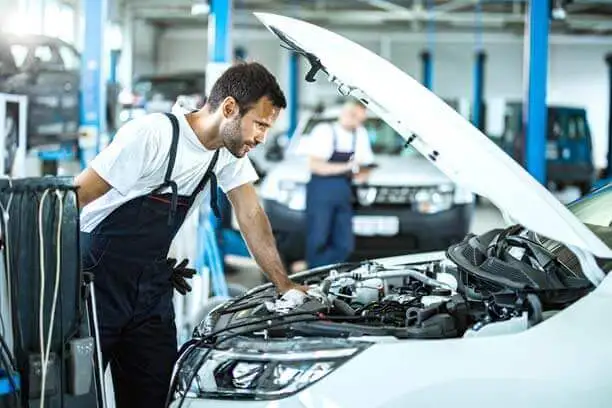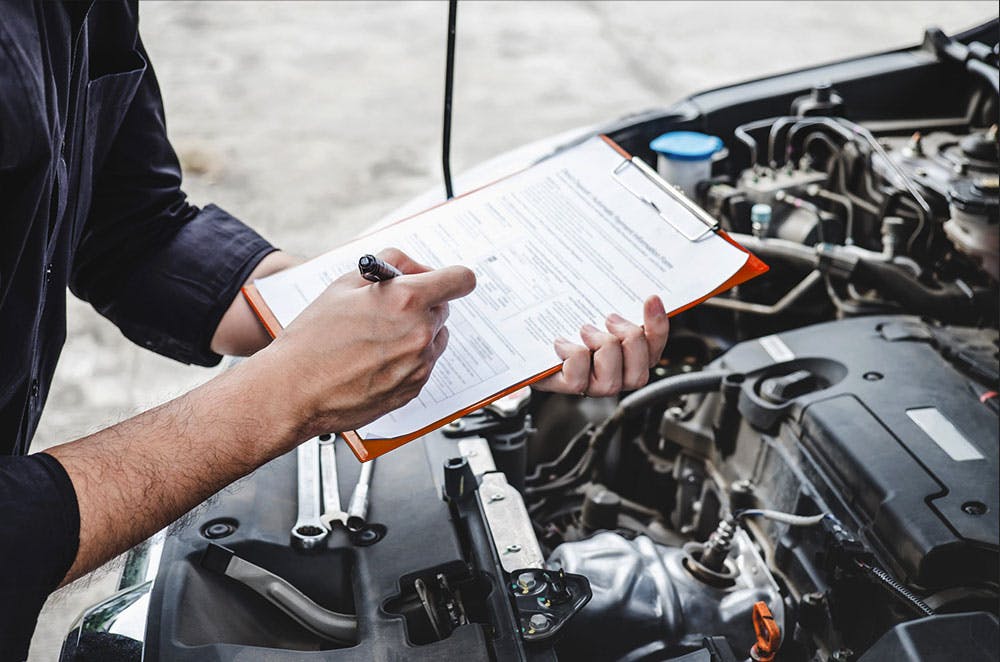All Categories
Featured
Unexpected automobile repair work can disrupt your financial resources, making automotive repair work insurance coverage an attractive alternative for lots of vehicle drivers. Whether you're a new automobile proprietor or taking care of an older vehicle, understanding the details of auto repair insurance and insurance coverage is essential for making informed decisions.
What Is Automotive Repair Work Insurance Policy?
Automotive repair service insurance coverage, frequently called mechanical failure insurance coverage (MBI), is a policy made to cover the prices of fixing or changing car parts after a breakdown. Unlike typical car insurance policy, which attends to accident-related damages, fixing insurance coverage concentrates on mechanical problems unrelated to collisions.
What Does It Cover?
The details coverage varies relying on the strategy and the insurance firm you choose. Generally, repair service insurance coverage covers:
Engine Services: Including components like the timing belt, pistons, and cylinder heads.
Transmission Repairs: Treatment the gearbox and related components.
Electrical System: Addressing concerns with generators, beginners, and onboard computer system systems.
Cooling and Heating Systems: Such as radiators, thermostats, and cooling systems.
![]()
Steering and Suspension: Consisting of shocks, struts, and power guiding devices.
Nonetheless, plans commonly leave out routine maintenance, wear-and-tear products like brake pads or tires, and cosmetic problems.
![]()
Who Demands Automotive Repair Service Insurance?
While fixing insurance coverage isn't necessary, it can be advantageous for:
Owners of Older Vehicles: If your auto is out of warranty, fixing insurance coverage can give peace of mind against costly failures.
Constant Travelers: High-mileage drivers are most likely to experience mechanical concerns, making protection a rewarding investment.
Drivers of Expensive Versions: Luxury or specialty lorries commonly have higher fixing expenses, which can be mitigated by insurance.
Trick Advantages
Financial Protection: Aids avoid big, unexpected repair bills.
Adaptability: Plans can be tailored to cover particular elements or systems.
Comfort: Lowers stress and anxiety about potential break downs.
Considerations Prior To Getting
Prior to committing to a vehicle repair work insurance plan, consider these elements:
Policy Terms and Problems: Testimonial what is and isn't covered to avoid surprises throughout an insurance claim.
Deductibles: Recognize the out-of-pocket expenses you'll require to pay prior to protection begins.
![]()
Fixing Shop Options: Some insurance companies need you to use particular repair work facilities, which might be troublesome.
Premium Prices: Evaluate the annual cost of the policy against the probability of needing significant repair services.
Existing Guarantee: Inspect if your vehicle's supplier or supplier warranty already supplies enough coverage.
Last Ideas
Automotive repair insurance coverage can be an important safeguard, specifically for drivers worried concerning the high costs of unanticipated repair services. By meticulously examining plan options and aligning them with your driving habits and vehicle needs, you can determine if this protection is appropriate for you. For included security, constantly maintain normal lorry servicing to minimize breakdown risks and optimize your insurance policy benefits.
What Is Automotive Repair Work Insurance Policy?
Automotive repair service insurance coverage, frequently called mechanical failure insurance coverage (MBI), is a policy made to cover the prices of fixing or changing car parts after a breakdown. Unlike typical car insurance policy, which attends to accident-related damages, fixing insurance coverage concentrates on mechanical problems unrelated to collisions.
What Does It Cover?
The details coverage varies relying on the strategy and the insurance firm you choose. Generally, repair service insurance coverage covers:
Engine Services: Including components like the timing belt, pistons, and cylinder heads.
Transmission Repairs: Treatment the gearbox and related components.
Electrical System: Addressing concerns with generators, beginners, and onboard computer system systems.
Cooling and Heating Systems: Such as radiators, thermostats, and cooling systems.

Steering and Suspension: Consisting of shocks, struts, and power guiding devices.
Nonetheless, plans commonly leave out routine maintenance, wear-and-tear products like brake pads or tires, and cosmetic problems.

Who Demands Automotive Repair Service Insurance?
While fixing insurance coverage isn't necessary, it can be advantageous for:
Owners of Older Vehicles: If your auto is out of warranty, fixing insurance coverage can give peace of mind against costly failures.
Constant Travelers: High-mileage drivers are most likely to experience mechanical concerns, making protection a rewarding investment.
Drivers of Expensive Versions: Luxury or specialty lorries commonly have higher fixing expenses, which can be mitigated by insurance.
Trick Advantages
Financial Protection: Aids avoid big, unexpected repair bills.
Adaptability: Plans can be tailored to cover particular elements or systems.
Comfort: Lowers stress and anxiety about potential break downs.
Considerations Prior To Getting
Prior to committing to a vehicle repair work insurance plan, consider these elements:
Policy Terms and Problems: Testimonial what is and isn't covered to avoid surprises throughout an insurance claim.
Deductibles: Recognize the out-of-pocket expenses you'll require to pay prior to protection begins.
Fixing Shop Options: Some insurance companies need you to use particular repair work facilities, which might be troublesome.
Premium Prices: Evaluate the annual cost of the policy against the probability of needing significant repair services.
Existing Guarantee: Inspect if your vehicle's supplier or supplier warranty already supplies enough coverage.
Last Ideas
Automotive repair insurance coverage can be an important safeguard, specifically for drivers worried concerning the high costs of unanticipated repair services. By meticulously examining plan options and aligning them with your driving habits and vehicle needs, you can determine if this protection is appropriate for you. For included security, constantly maintain normal lorry servicing to minimize breakdown risks and optimize your insurance policy benefits.
Latest Posts
Find Brake Repair & More: Full Repair Options from Montclare Auto Repair
Published en
1 min read
Learn About Montclare Auto Repair’s Leading Car Care Solutions and Why Drivers Trust Them
Published en
1 min read
Comprehending Roof Covering Guarantees: What Homeowners Ought To Know
Published en
1 min read
More
Latest Posts
Find Brake Repair & More: Full Repair Options from Montclare Auto Repair
Published May 26, 25
1 min read
Learn About Montclare Auto Repair’s Leading Car Care Solutions and Why Drivers Trust Them
Published May 25, 25
1 min read
Comprehending Roof Covering Guarantees: What Homeowners Ought To Know
Published May 24, 25
1 min read